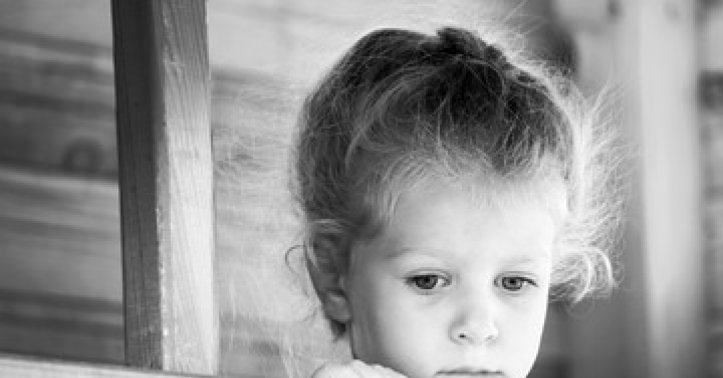
Childhood trauma - Is it necessary to understand it?

Contributed by :Dr. Pooja Sharma
View Full profile
Childhood is that phase of life that is worry free, secured, loved, protected and full of joy & happiness for most of us...or should be.
A child is an individual in itself, having own perspective of life which is often ignored or neglected because it is still a child. It is very important to understand that childhood trauma does not just involve physical danger and harm, it is not just limited to abuse.
As parent, as a community and as a responsible adult it is our duty to make ourselves aware of this basic understanding, so as to take appropriate or corrective measures if required.
Any event, situation or environment that a child has felt vulnerable in can be the reason for childhood trauma. Such circumstances can create lasting impressions about life being challenging and difficult which a child is not able to comprehend and explain yet.
Any experience that leaves a child feeling alone, neglected, rejected, guilty, vulnerable, overwhelmed or scared is traumatic. It is often misunderstood that what has happened as fact affects us, but the reality is trauma happens because of personal experience and individual perspective of what happened.
Experiences where one feel powerless and incapable to stop them are mostly unexpected and unwanted thus becoming traumatic experiences. Children are often unable to process such life events and often blame themselves, as they have no other point of reference of why these events happen.
Trauma that affects all involved including children is mostly -
- An accident or prolonged illnesses requiring surgery/hospitalizations,
- Suffering physical or sexual abuse,
- Situations like refugee trauma or A natural disaster.
There are other less obvious experiences in childhood which can be traumatic for a child and can have serious long term implications.
They could be because of situations or environment like -
- living in deprivation or poverty,
- Abrupt or frequent change of school and houses,
- A sick sibling,
- Living in dangerous or violent community,
- Going through a medical condition or surgery,
- Living with parents who are always arguing or fighting,
- Living in unharmonious and violent household,
- Watching a parent being hurt.
Or they could be because of emotional traumas like -
- Humiliating experience at school,
- Being put down and shamed by a parent constantly,
- Being bullied,
- Facing comparisons regularly,
- Pressure and Expectation to meet unrealistic goals,
- Expected to take care of a parent,
- Not getting proper attention from a care-giver,
- Being neglected or abandoned by someone you love,
- Having felt unwanted or a burden.
The thought process that children will not be affected by something they dont understand is very wrong. Even though, the child is not able to comprehend the logic of what is happening, but a child can sense danger and discord, and that is what is traumatic.
It has been proven scientifically that even infants get affected by the trauma around them, such as emotional state of the mother and her environment at the time of pregnancy.
In fact children are more affected by the trauma than adults, because they can sense danger but cannot explain it to themselves, so feel terrified and vulnerable.
Trauma affects the growth of important part of the Brain - the Brain Cortex, which affects learning, behavior, health including memory, attention span and capacity to regulate emotions and handle stress.
Thus it's important to take the growing up years with little more attention and awareness and get rid of this notion of.......children dont understand!!!
It's time to understand Children and childhood with awareness and openness.








